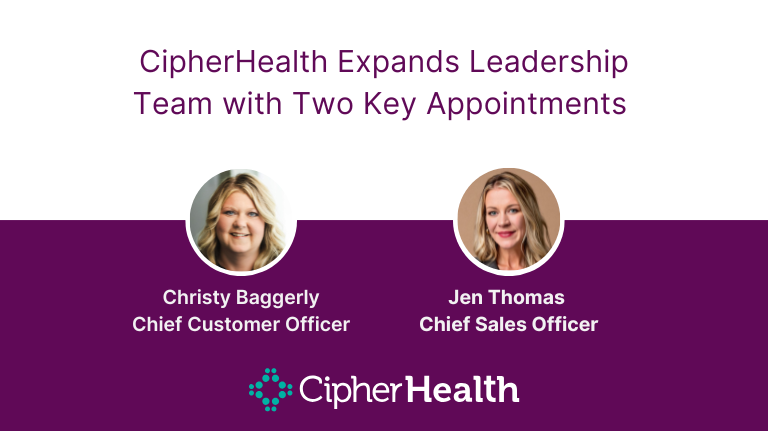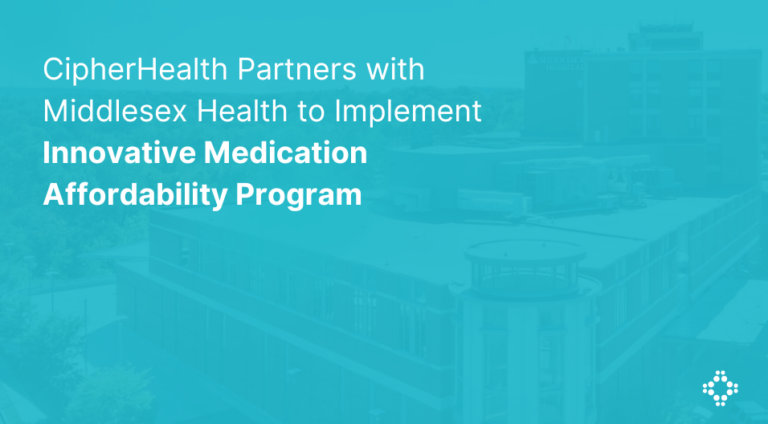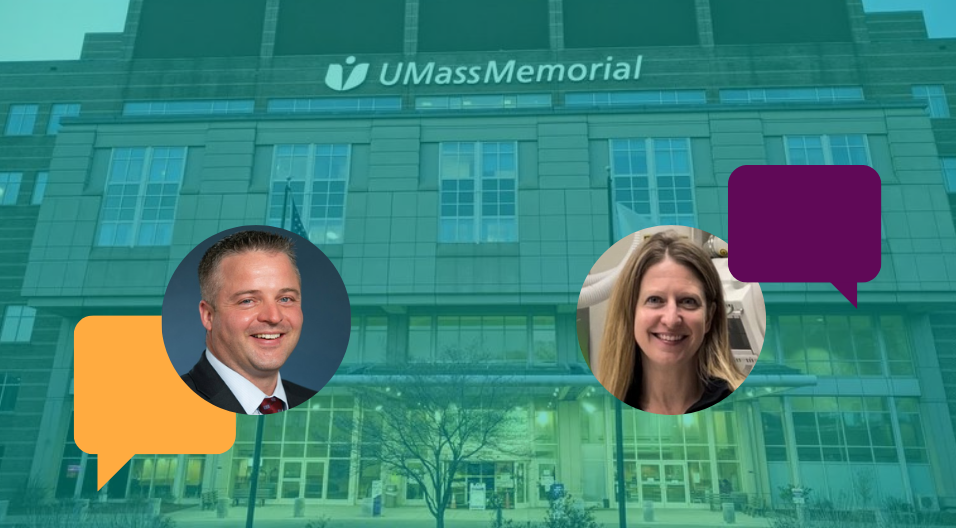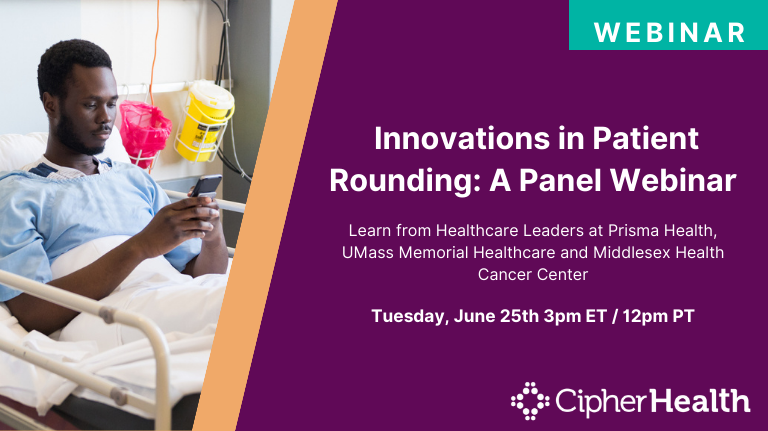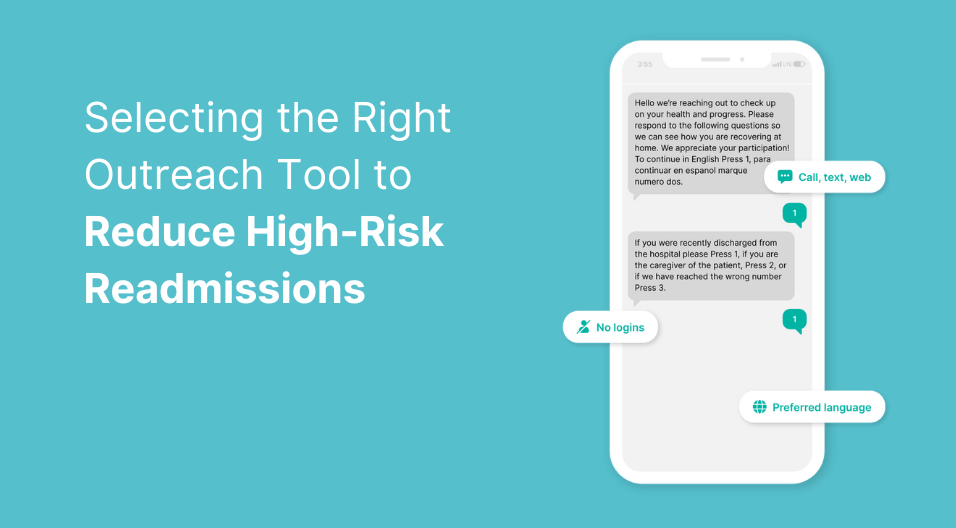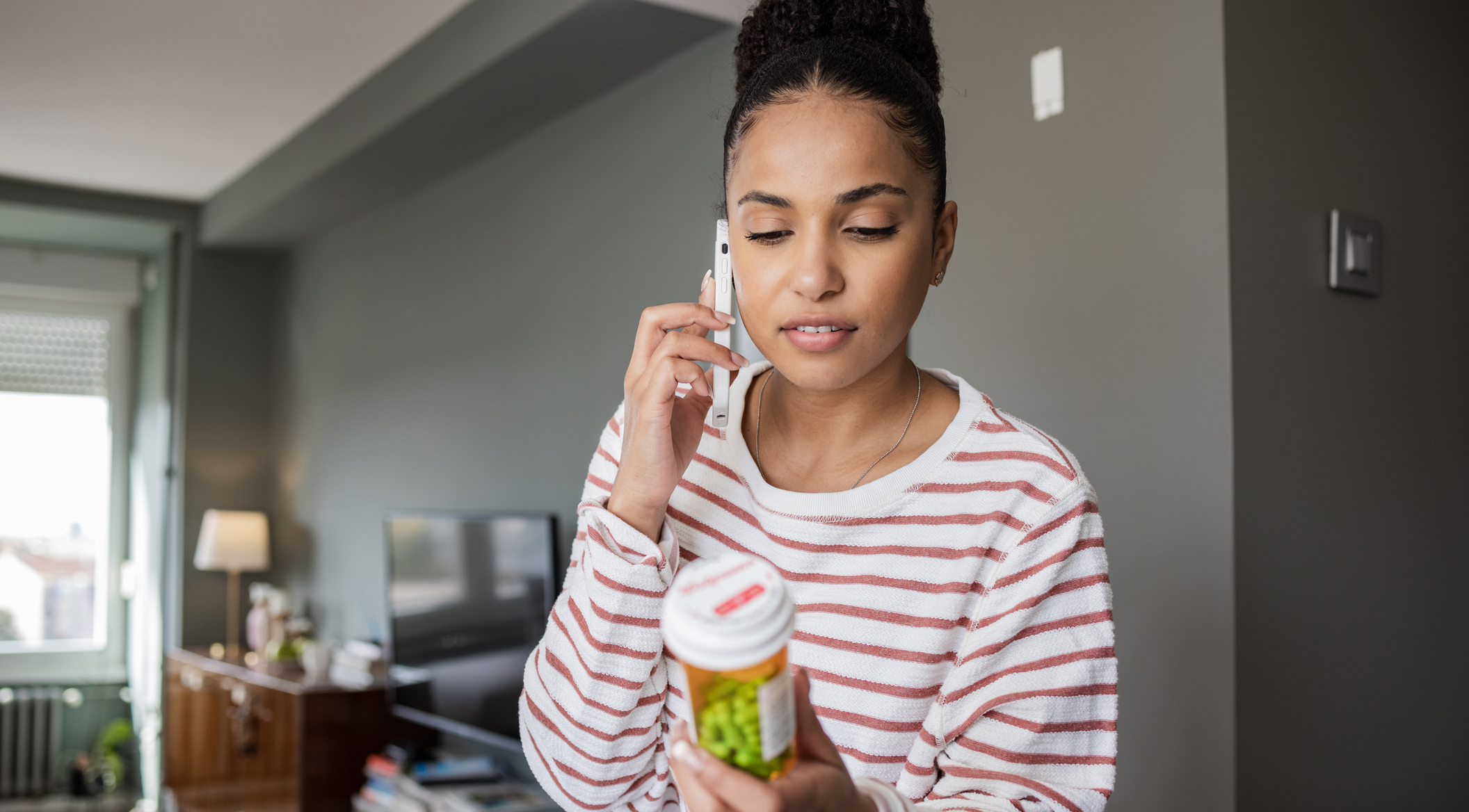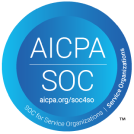In our recent webinar, Innovations in Patient Rounding, we spoke to leadership at UMass Memorial Health about their experience implementing Self-Service Rounding (SSR) to address their current challenges. Ken Shanahan, MSN, RN, CCRN, Senior Director of Emergency Medicine & Behavioral Health, and Sharon Rudinski, RN, Emergency Department, shared their insights and outcomes.
Their busy Emergency Department (ED) faced several challenges, including high patient volumes, long wait times, and increasing patient dissatisfaction. “It was a perfect storm post-COVID. We were the most under-bedded part of the state, and we had a lot of our experienced nurses leave for travel nursing opportunities,” Shanahan said.
“We knew we needed to do something different. CipherHealth reached out to us, and we were very interested in their self-rounding technology,” Shanahan mentioned. They decided to implement SSR to address these issues and improve patient-staff interactions.
Rudinski highlighted the importance of learning from their initial efforts. “We learned a lot from the soft rollout and made adjustments before going live again. We were able to do hype flyers, infographic posters, training videos, and huddle announcements. Cipher being on site was a tremendous help to get us through those bugs that can creep in,” she explained.
The introduction of SSR allowed UMass Memorial to gather real-time feedback from patients, enabling timely issue resolution and improving overall patient experience. Rudinski shared a poignant example of SSR’s impact. “We had a patient who needed help to go to the bathroom but couldn’t find anyone to assist her. She ended up having an accident in her chair. With SSR, we can quickly identify and address such issues.”
Providing patients with self-service options, as UMass Memorial is doing, is a key driver for improving patient experience while also alleviating the workload for staff. Each patient who can independently answer a question saves valuable time for clinicians and team members. This not only improves efficiency in the ED but also helps reduce staff burnout.
In addition to workflow enhancements, SSR also helped engage both staff and patients, leading to better recognition and morale among staff members. “Our waiting room ambassadors loved the system because it allowed them to prioritize and respond to patients’ needs more effectively,” Shanahan said. Rudinski added, “Patients can now easily express their needs and receive timely assistance. This reduces the burden on our clinical staff and ensures that patients receive the help they need.”
Reflecting on the implementation process, Shanahan emphasized the importance of collaboration. “CipherHealth really helped us get over the finish line. We faced some challenges, but their support and our team’s dedication made it possible.”
She added, “The collaboration with CipherHealth has been amazing. We’ve learned so much, and we’re excited to see the continued positive impact on our patients and staff,” Rudinski said.
The collaboration with their Patient and Family Advisory Council (PFAC) was integral to the project, as Rudinski highlighted, “I paired with the PFAC Group for so much of this project because their voice really mattered. This was who it was about, and making sure the patients were happy but also making sure the staff was happy.”
Conclusion
By leveraging immediate feedback and improving patient-staff interactions, UMass Memorial demonstrates how innovative solutions like SSR can help make emergency departments more efficient, responsive and patient-centered. Their story also underscores the value of collaboration and the right technology to enhance patient satisfaction and health outcomes.
Click here to get in touch about how Self Service Rounding can be deployed in your Emergency Department.


